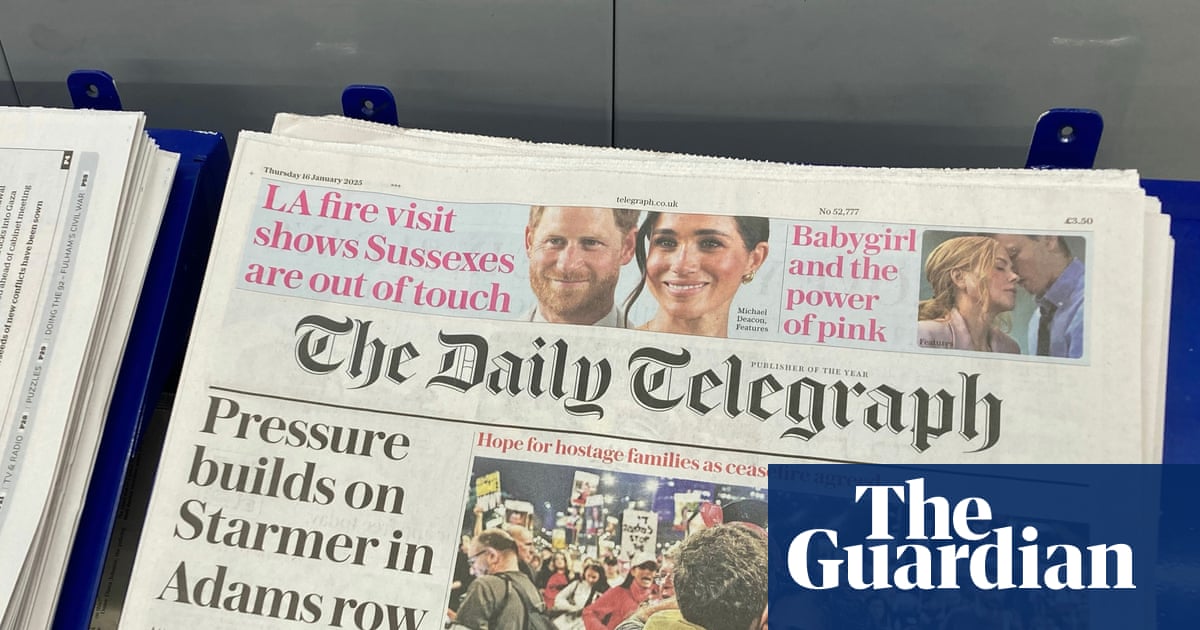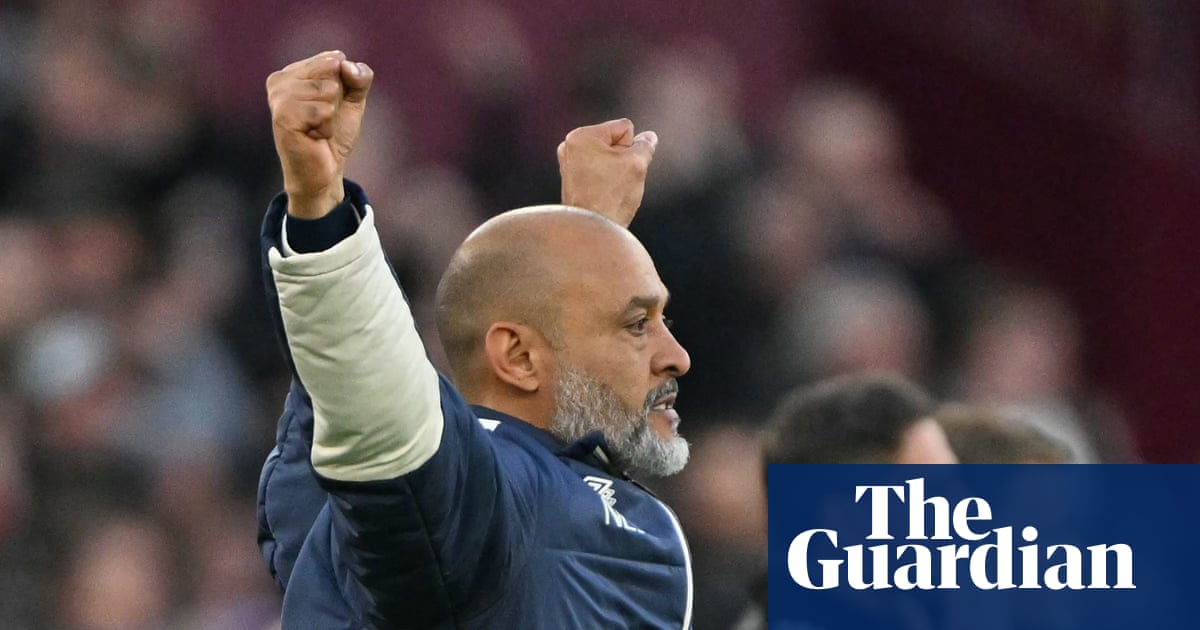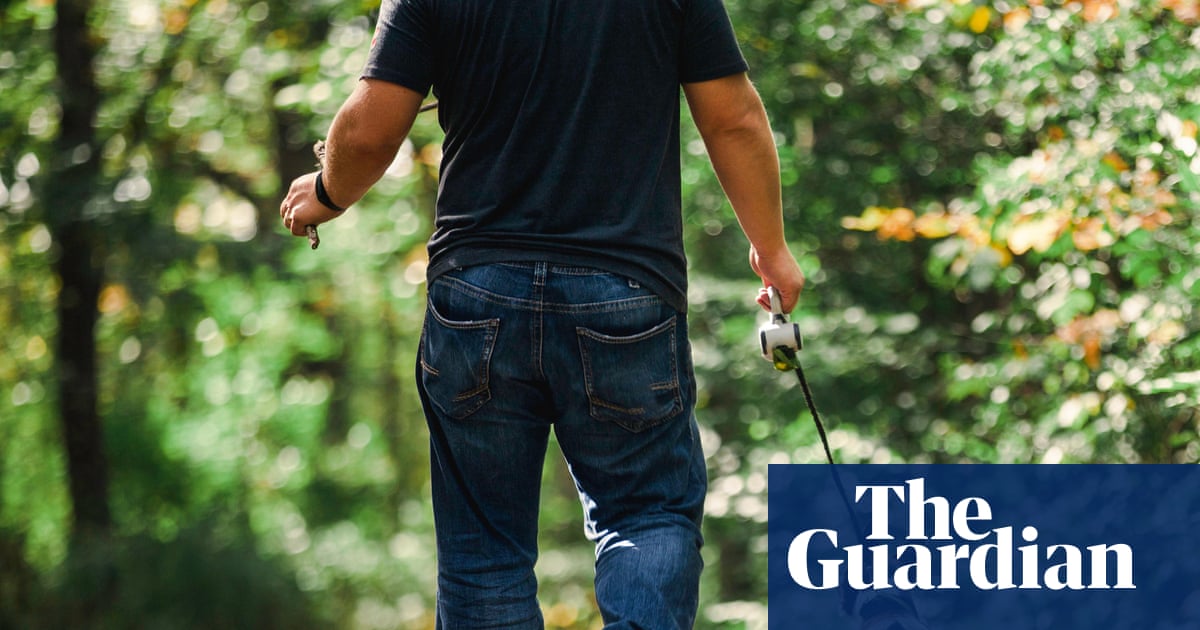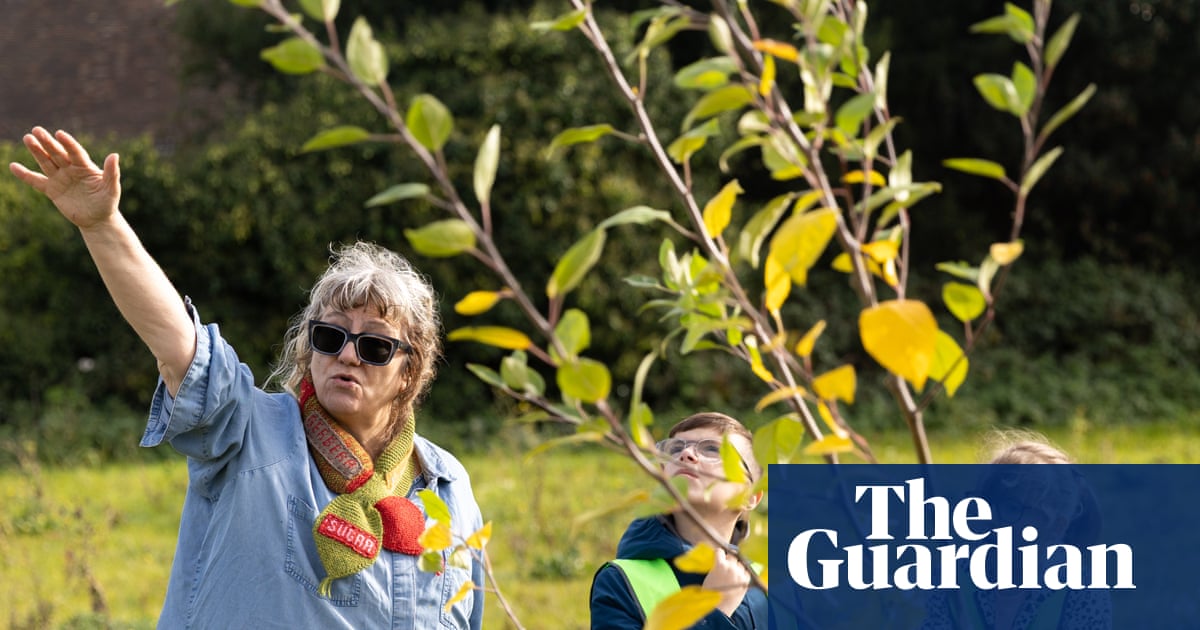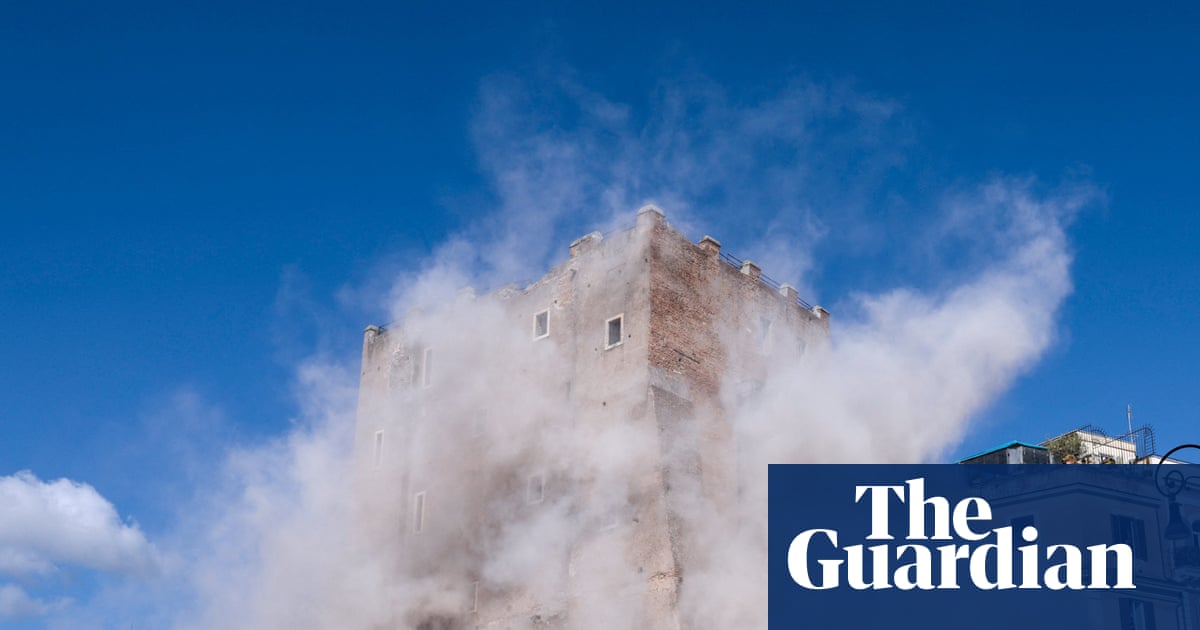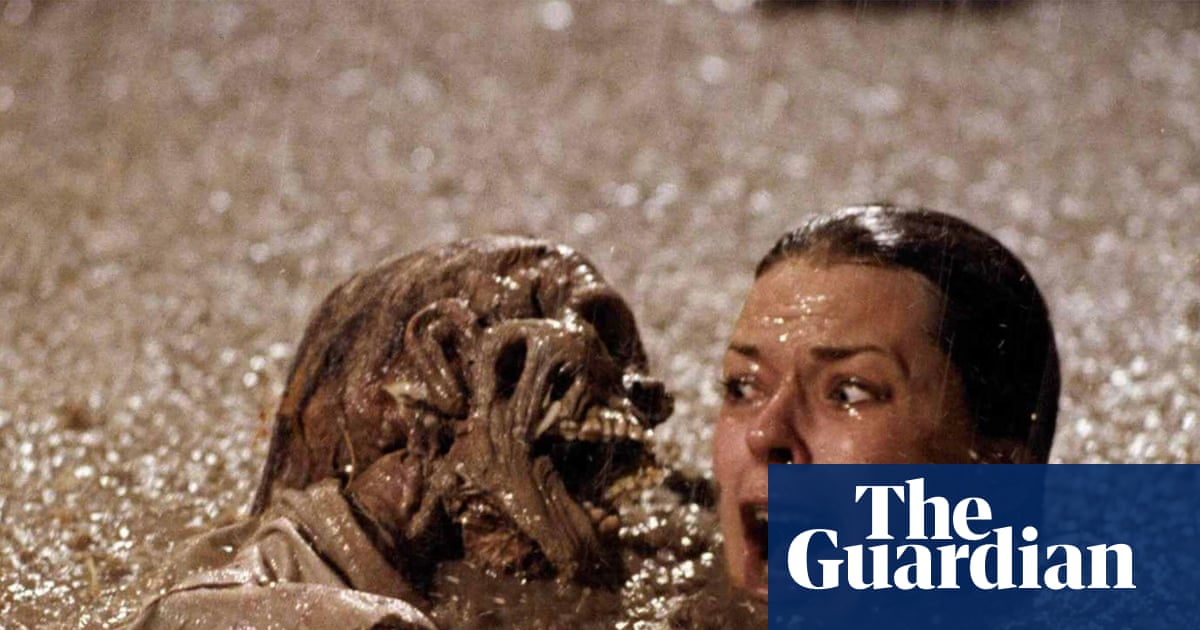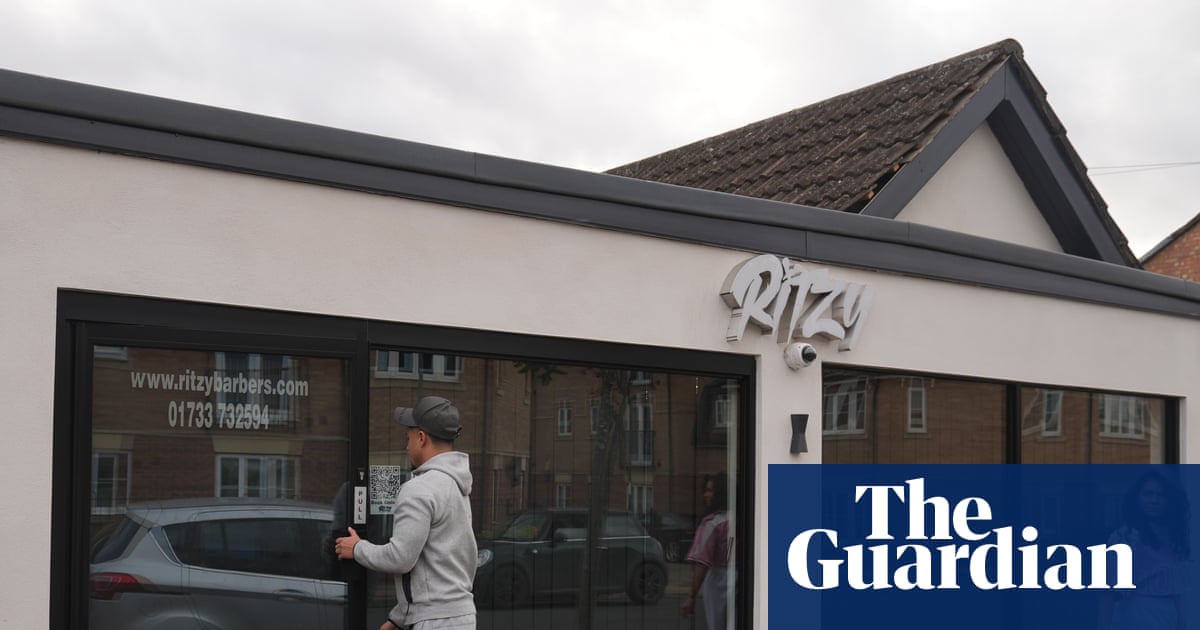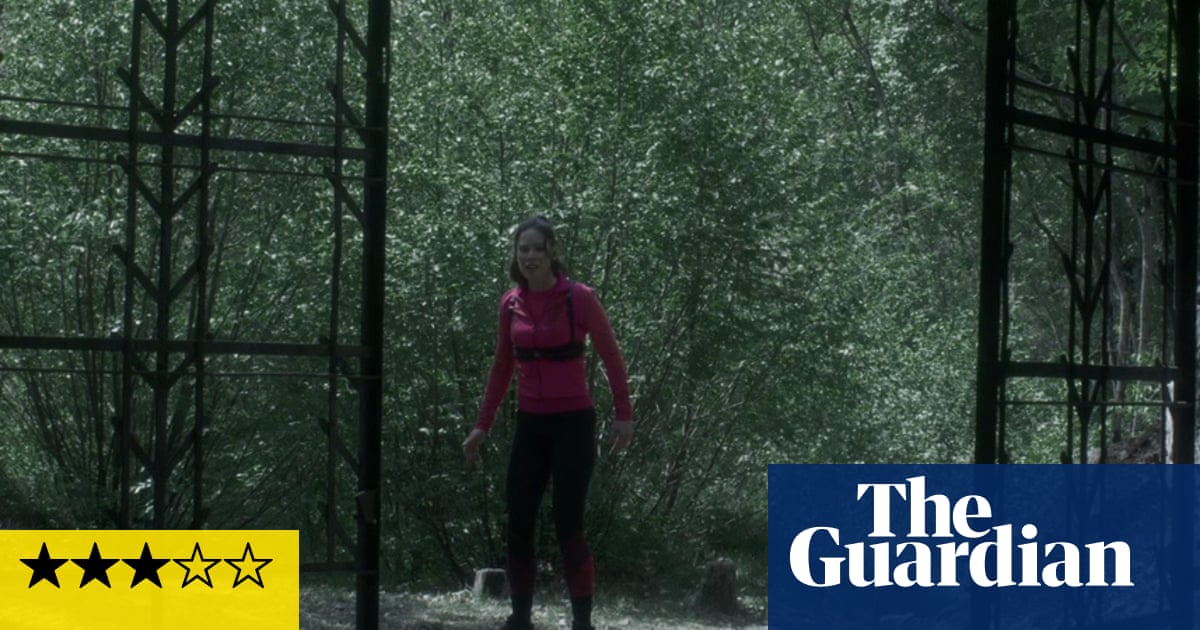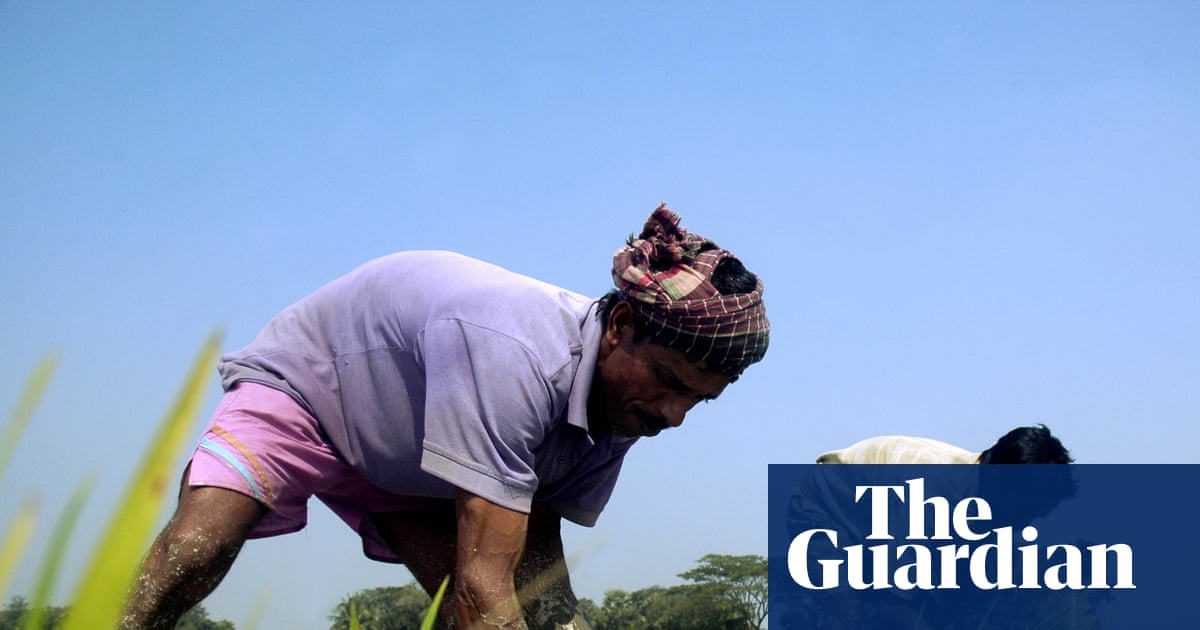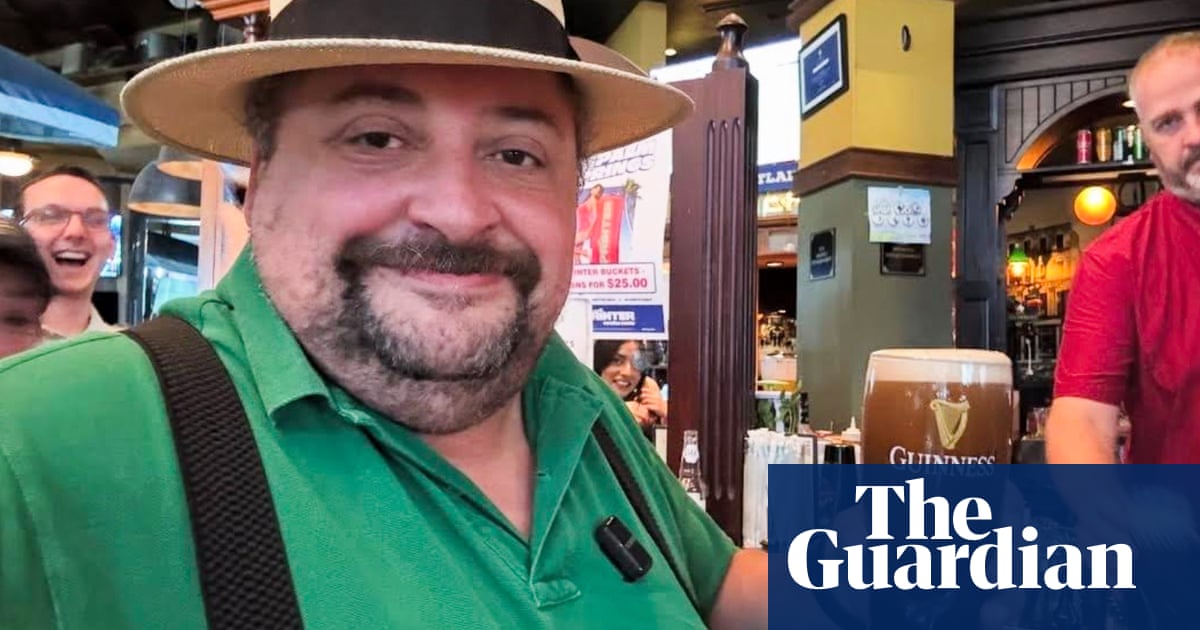Growing up in Luton in the late 90s and early 00s, the playwright Sam Edmunds witnessed an abundance of knife violence that has stayed with him to this day.
“Me and my friends had knives pulled on us on numerous occasions. We once saw someone being chased with a machete at the back of the field by our school. In drama class, I remember a boy went into his bag to get his notebook out and a massive knife fell out. A boy in my brother’s year was stabbed over 10 times on a night out.”
But despite the passing of more than two decades, Edmunds says not much has changed in the town – if anything, the rise of social media has made it worse. That’s why he’s brought his experiences to bear in The Chaos That Has Been and Will No Doubt Return, a play about a stabbing at a house party that is based on true events.
Now, to accompany the play’s tour, Edmunds and his Chalk Line theatre company are running a national outreach programme for knife crime intervention which they hope will reach more than 1,000 young people in the country, including in Bristol, London, Luton, Liverpool, Newcastle, Slough, Norwich, Exeter, Peterborough and Essex.
“I wrote the play because I started reflecting on why a community might be surrounded by knife violence,” Edmunds says. “It’s an interrogation of the repression and suffocation in working-class communities like Luton, and the effect that has on young people. How when you have so much anger and nowhere to put it, and there are no schemes of protection for people, that can often breed violence.”
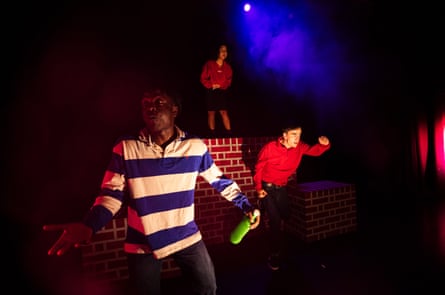
Edmunds worked with Beds Veru (the knife crime intervention unit in the Bedfordshire police) to develop the script with vulnerable young people in Luton. A section of the play is directly inspired by an “incredible” mother in Luton who lost her son to a stabbing – and later visited her son’s killer in jail to forgive him.
“The worst thing about knife crime is it instils fear,” Edmunds says. “People carry knives because they want to protect themselves. But the play is trying to say that the moment you decide to carry a knife is the moment you are in danger. Because statistically, a person carrying a knife is actually more likely to be injured by it.”
As part of the outreach programme, young people will be brought in to see the play in each town before workshopping the material with the help of a facilitator and a drama therapist. They will be asked to interrogate the themes of the play, like the moments the characters made the wrong decisions and the consequences of that.
“Then we give them an opportunity to rewrite the ending. How do you prevent this from happening? We also have them improvise their way out of the situation.
“It’s about empowering the young people, rather than lecturing them. It’s giving them a space to explore the events, so that if they ever experience something similar in real life, they can identify what’s happening and try to avoid it.”
Knife-enabled crime in England and Wales has risen by 80% over the past decade, and the number of teenagers that have been killed with a knife or a sharp object has gone up by 240%. In April, the Met police commissioner, Sir Mark Rowley, warned of a £450m funding gap and said rates of knife crime could rise without more government backing.
after newsletter promotion
“The police are overwhelmed, and the government isn’t providing enough support,” Edmunds says. “So our outreach campaign is as big, if not bigger, than the show itself.
“I was inspired to write this play because I felt a passion to want to change the narrative. And so if I’m not out there on the streets, meeting these kids, trying to help them, then what am I doing really? I’m just making entertainment.”
Edmunds’s play, co-directed by Vikesh Godhwani, ends with a note of hope. The character who is stabbed does not die, though their attacker is sent to prison and has an opportunity to express their remorse and wish that they had acted differently.
“I didn’t want to perpetuate a story where this always ends tragically,” he says. “I think that story is really important to tell. That these people that kill are not necessarily people that are born this way. It comes from the environment you grow up in and the lack of support. But there is a world where this doesn’t have to happen.”
-
The Chaos That Has Been and Will No Doubt Return is touring from 15 July to 27 November.

 3 months ago
118
3 months ago
118

